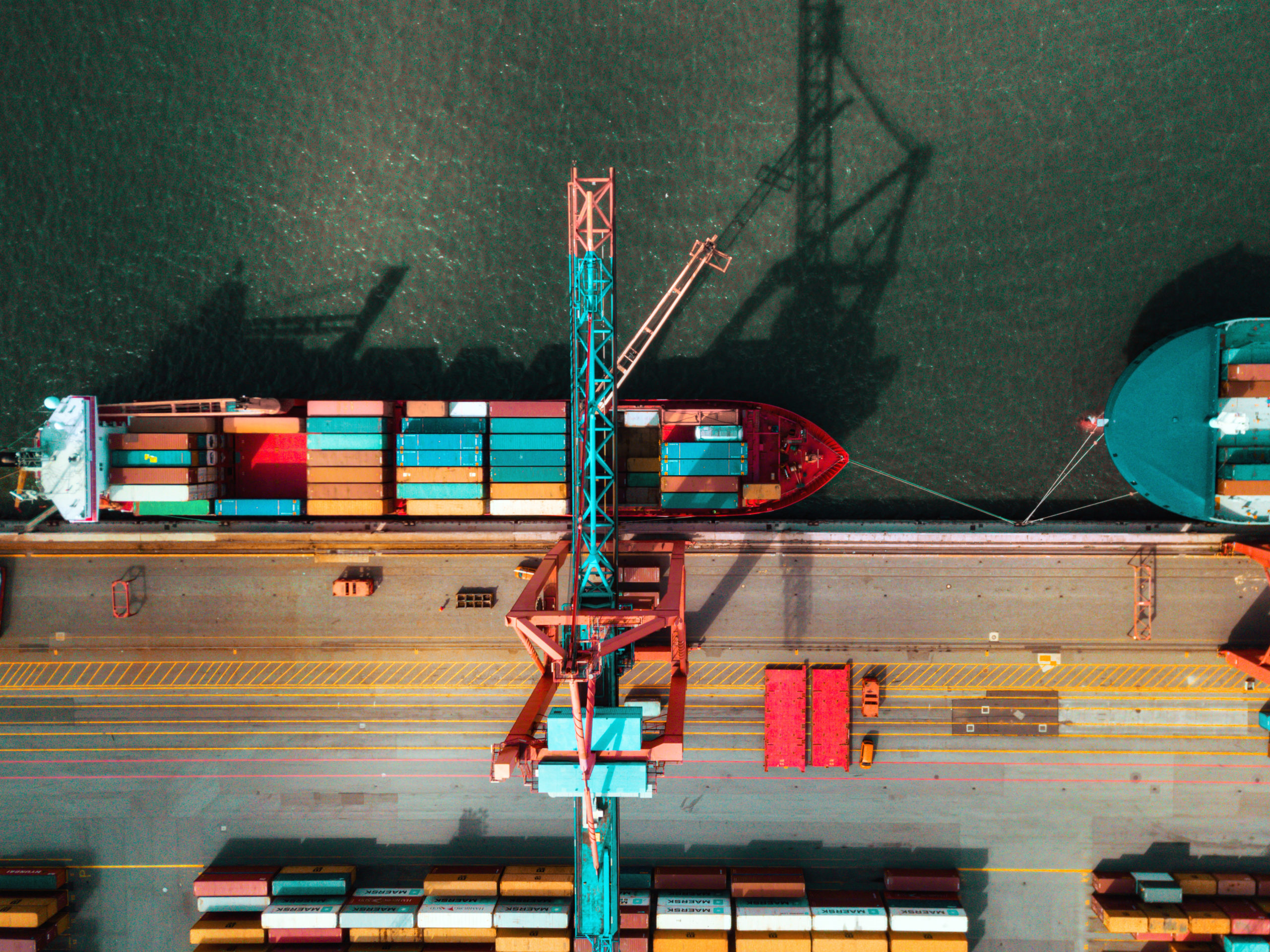GLOBALIZATION
Shock therapy for Market Orthodoxy
Relying on markets alone to mitigate risks and strengthen resilience as proposed by free-market orthodoxy has proved to be wrong, argues Nobel Laureate Joseph Stiglitz in a new piece.
BY
DAVID KLÄFFLINGPUBLISHED
12. APRIL 2022READING TIME
2 MIN
Russia’s war in Ukraine has like previous shocks to the global economy such as the pandemic, or the financial crisis in 2008 highlighted the lack of resilience in the market liberal policy framework. Due to their short-sightedness, markets on their own tend to underestimate risks – especially those that seem distant.
Moreover, there moral hazard problems arise once risks are believed to be systemic, as in that case market participants rely on policymakers to step in once the crisis hits. Precisely because markets do not account fully for such risks, there will be too little investment in resilience, and the costs to society end up being even higher.
To fully account for key risks and to strengthen global resilience for the shocks to come, Joseph Stiglitz calls for rethinking globalization and its rules. He proposes to establish appropriate global norms by which to distinguish rank protectionism – such as Trump’s use of “national security” concerns to justify tariffs on Canadian automobiles and steel – from legitimate responses to dependency and security concerns.
The full article is available here.
